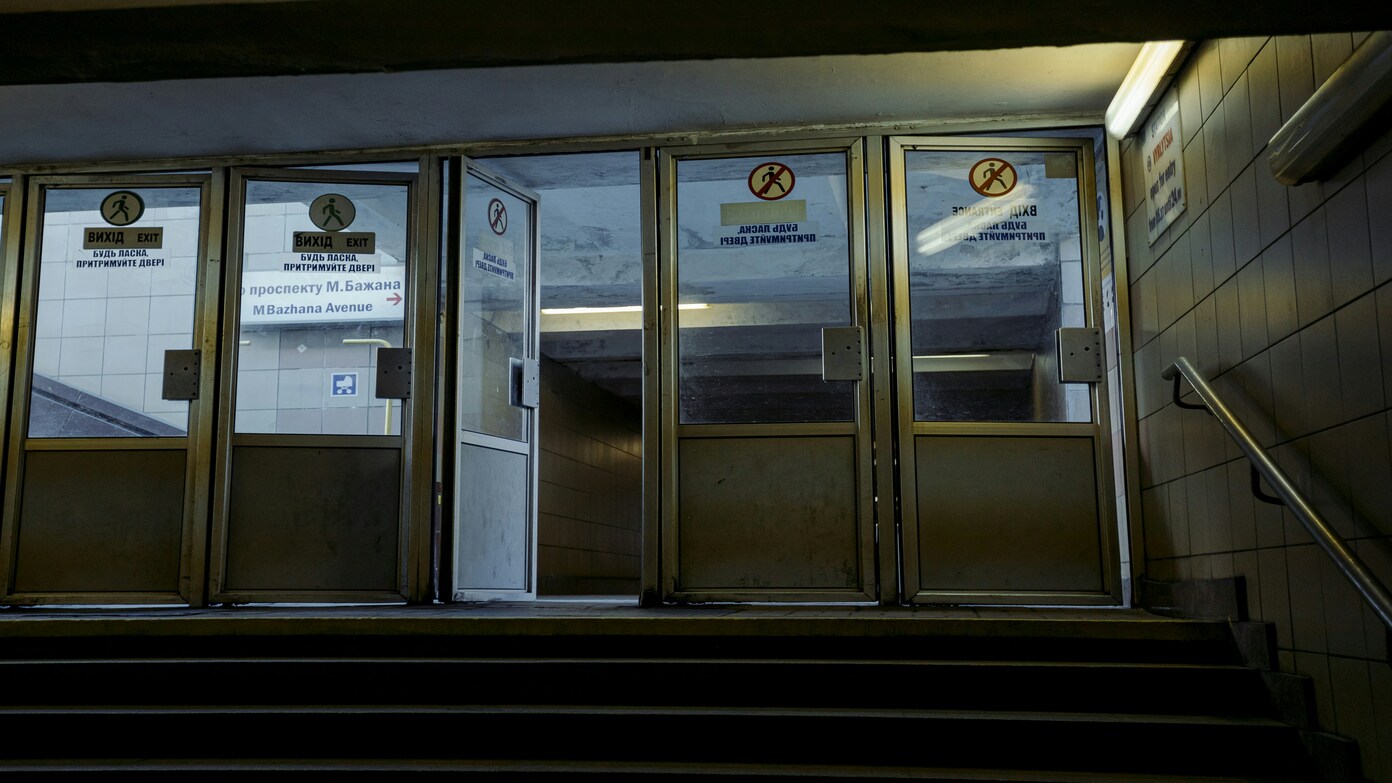The banking industry has undergone a lot of transformation in recent years, and as a result, there has been a tremendous rise in the number of bank branch closures all over the United States.
Why banks are closing branches
Banks are closing branches for numerous reasons:
- Digital banking adoption: As there has been growth in the online and mobile banking channels, the demand for physical services has decreased. There are more customers who now enjoy the luxury of digital management of finances, and physical branches are no longer that necessary.
- Cost-cutting measures: It is very expensive to maintain physical branches. Banks can opt to close loss-making branches to focus operations and cut down on overhead costs.
- Mergers and acquisitions: When a bank merges or buys another bank, duplicate branches usually introduce consolidations to eliminate duplications.
- Changing consumer pattern: People’s habits of consuming banking services have changed, such as higher usage of ATMs and cashless payments more often, which encourages banks to rethink the necessity of certain branch locations.
Recent bank branch closures
Some large banks have reflected the trend of closing branches:
- TD bank: Implemented the closure of 38 branches across 10 states, including Maine, New Hampshire, Massachusetts, and New Jersey, on June 5, 2025. The motive behind this is to streamline operations and adapt to evolving customer behavior.
- Santander: Closing 95 of its UK branches as part of a radical shake-up, involving 750 staff. This is due to the fast shift towards online banking and the threat posed by online-only banks.
- Others: Wells Fargo, Bank of America, and JPMorgan Chase collectively closed 113 branches between late November 2024 and mid-January 2025, reflecting a broader industry shift toward digital services.
Is your money safe if your bank closes?
If your bank branch closes, it’s natural to be concerned about the safety of your deposits. However, it’s important to distinguish between a branch closure and a bank failure:
- Branch closure: This is where one branch closes shop, but the bank is still open. Your accounts remain open, and your money remains there. You are still able to access your money through other branches, ATMs, internet, and mobile banking.
- Bank failure: This is where the entire bank is insolvent. In this case, the depositors are saved by the Federal Deposit Insurance Corporation (FDIC). FDIC insures deposits up to $250,000 per depositor, per insured bank, per ownership category of accounts. In case of your bank failure, the FDIC typically makes arrangements with another bank for takeover of the insured deposits, and hence you continue to have access to your money.
What to do if your bank branch closes
When your bank branch in which you reside gets closed, the following are some steps to take so that you do not lose access to your bank operations:
- Get to know other branches of your bank: Check if your bank has other branches in and around your area. You can continue your banking operations in other branches without changing your accounts.
- Make use of digital banking facilities: Utilize your bank’s online and mobile banking services. These services allow you to perform different transactions such as balance inquiry, fund transfer, bill payment, and distant check deposit.
- Utilize ATMs: Utilize your bank’s ATM network for cash withdrawal, deposit, and balance check. Some banks are also members of surcharge-free ATM networks, under which you can utilize other fee-free machines.
- Think about changing banks: If closing causes a sudden impact on your banking, perhaps changing to an even more convenient bank or credit union with greater availability of branches or better online abilities would be an idea to consider.
The steps to changing banks
It may seem that switching banks will be a chore to go through, but employing these steps allows changing easily:
- Assess your banking priorities: Determine what services and functionalities are most important to you, such as low fees, high yields, solid online banking, or convenient branch locations.
- Research potential banks: Compare a couple of banks and credit unions to determine which one best serves your priorities. Consider services such as account options, customer service, online tools, and branch locations.
- Open a new account: Once you’ve chosen a new bank, open the account(s) that you wish to have. You’ll be requested for personal information and identification, and perhaps an initial deposit.
- Transfer direct deposits and automatic payments: Ask your employer to update your direct deposit information and move any automatic payments to your new account information.
- Close your old account: After ensuring all pending transactions have cleared and automatic payments have been updated, close your old account. Withdraw any remaining funds or transfer them to your new account.
Read this: Can IRS garnish wages without warning and how many notices does the IRS send before
Bad news for millions of Americans this Christmas – These are the new USPS rates for holiday shipments from October 2025 to January 2026
More than 100,000 Ford cars recalled – These are all the models and years of manufacture affected by the massive recall
Bad news for the US economy: Reagan advisor says recession is coming
What interest rates do the IRS charge on underpayments and overpayments – new rates set by the IRS

